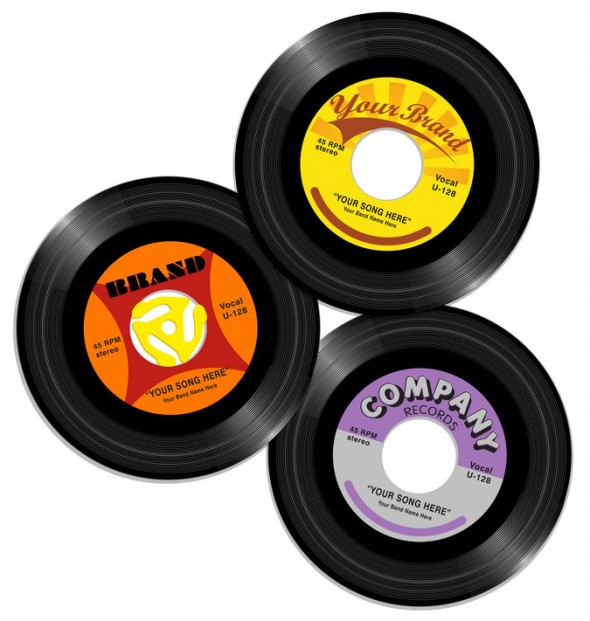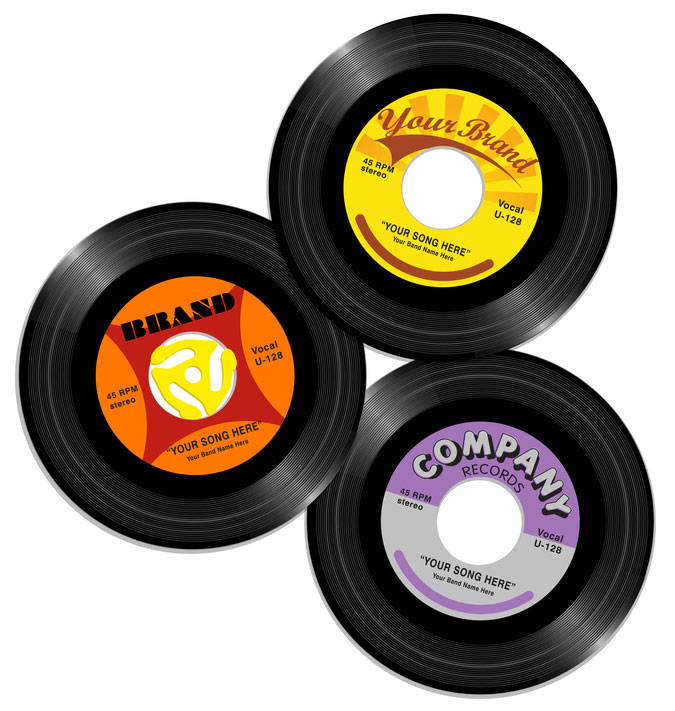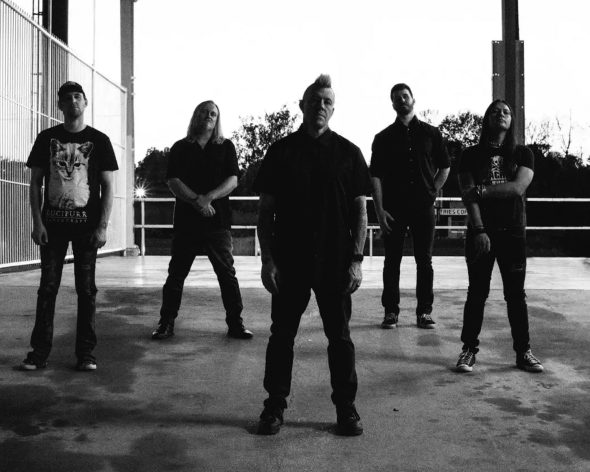Building your brand
by Russel Cooke
For many people, personal taste in music is a way to define themselves. Teens all over the world write their favorite band names on their backpacks, wear band T-shirts, sew patches onto jackets and when they’re old enough, slap a sticker on the back window of their beat-up Honda, all to project an image.
 For those who get really into it, record labels can be almost as important as the bands that make them up. A label is a philosophy, an image, an aesthetic. A label is a brand.
For those who get really into it, record labels can be almost as important as the bands that make them up. A label is a philosophy, an image, an aesthetic. A label is a brand.
A label can be the clue that makes you take the risk at the record shop. A label gives you confidence in an unknown band: if you like a few of the other bands on the label, chances are you might like this one, too. It’s a light shining in the darkness of obscurity, a crucial clue that this might be your Next Favorite Band. This recognition and trust is especially important for smaller, independent labels.
But how to build it?
The first thing any independent label needs is a reliable stable of quality bands. These bands should have something in common: philosophy, sound, geography, physical appearance. It depends on the goals of your label: What are you trying to do?
Seattle’s K Records was first founded to simply provide a way to get all of the great small bands in Seattle some exposure, including the friends of founders Candice Pedersen and Calvin Johnson. Over time, a signature crackling, lo-fi sound emerged, and K Records became the beloved industry stalwart we know today. Now, a band on K Records calls up images of foggy northwestern forests and smoky fires. A signature sound and image has evolved, and similar bands actively seek out K Records, because they match themselves to that aesthetic.
Electronic press kits
A key part in any growing label’s arsenal is the electronic press kit (EPK). It’s not just for bands! If you’re trying to get noticed, this is where you can do it. Back in the day, these were just called press kits, and they used to be beautiful packages — intricately-designed portfolios complete with music samples, band photos, liner notes, biographies and usually a couple of stickers thrown in for good measure. Like many other printed materials, these have made the transition to the electronic world and might come in the form of a multimedia website.
EPKs are designed to show off your label in the best way possible. Include your most important songs, your coolest art, your most interesting photos and your best stories. One extremely important aspect for small labels to remember is the inclusion of positive press about them. Since you’ll send these out to newspapers, blogs and magazines, you need to show that you already have some buzz! The more important the publication, the better. In many ways, the EPK of the independent record label is like a freelancer’s portfolio — it shows what you are like and what you’re capable of.
For a small label just starting out, your press kit can be instrumental (ha ha) in getting your music featured in online stores like iTunes, streaming websites like Spotify and other services. Make sure it presents you in the best light possible.
Remember, it’s about identity
An independent record label needs to have a compelling character. Where a major label like EMI can get by purely on the strength of its past releases and the massive artists it has signed, your label may have none of these things. Most likely, the bands on your label are just as unknown as you are. So take time to ensure that you have a consistent and attractive aesthetic.
Chances are, you already know this aesthetic. Just take a look at your roster. As said before, aesthetic is one of the major non-musical aspects of a band. So look at the bands that make up your label and your goals, and an identity will become clear.
Russel Cooke is a customer relationship management (CRM) specialist, writer and independent music aficionado who recently relocated to Los Angeles, Calif. You can follow Cooke on Twitter @RusselCooke2.



